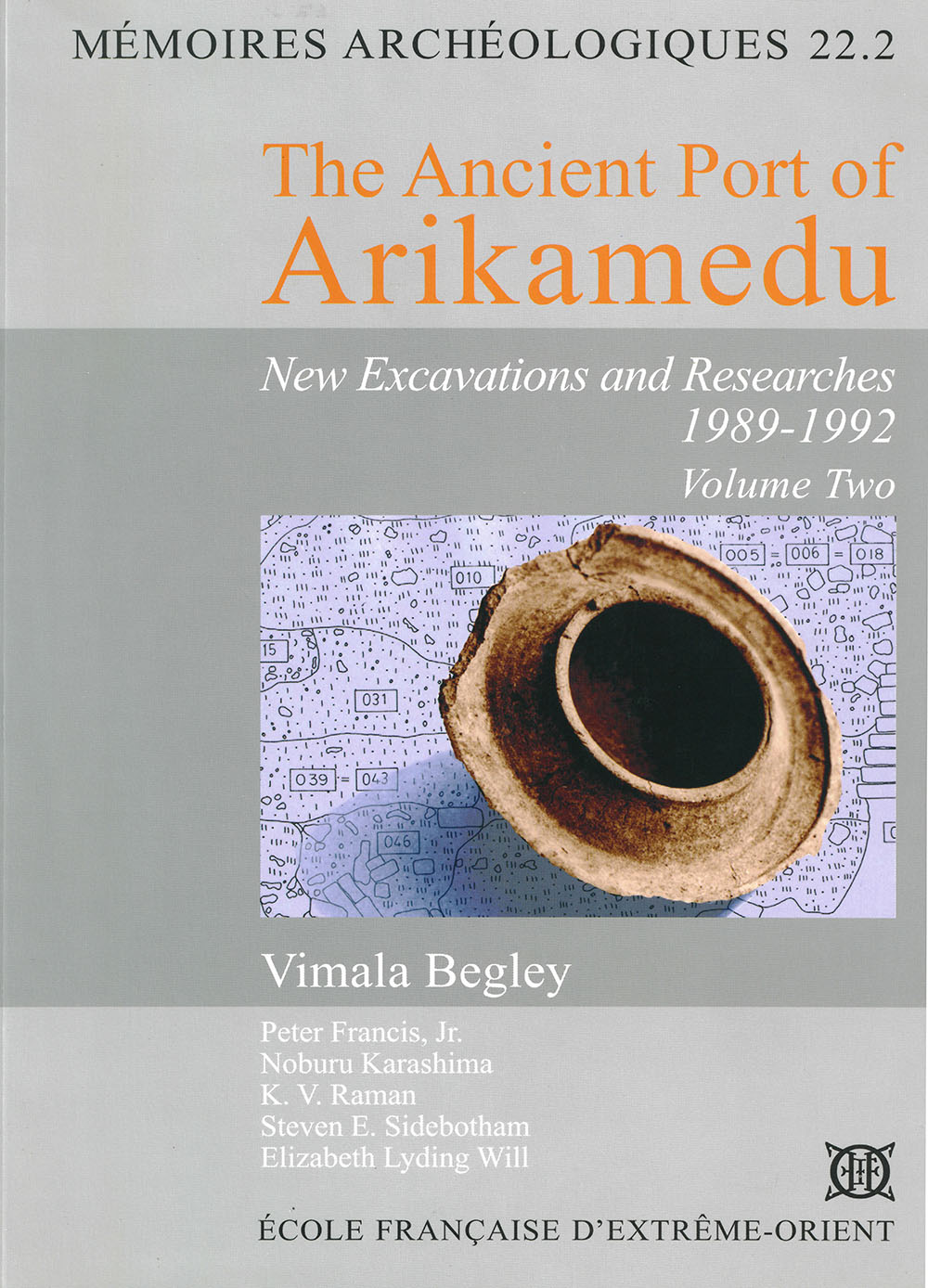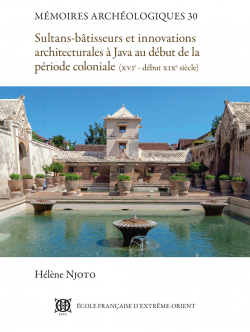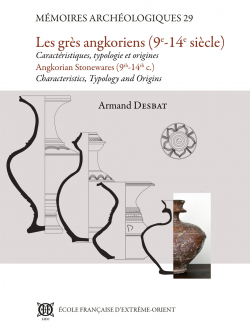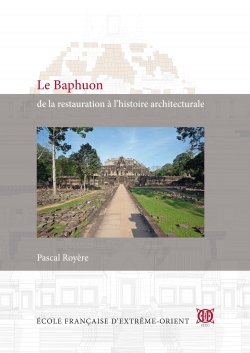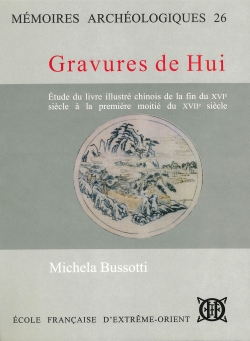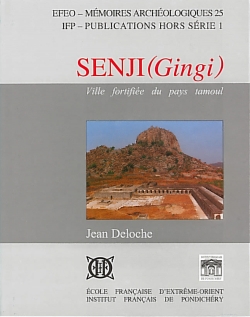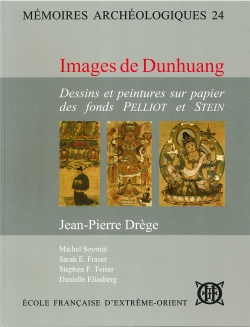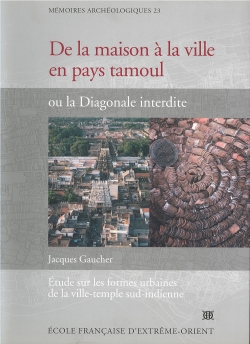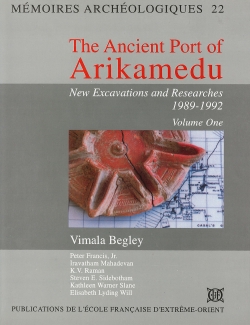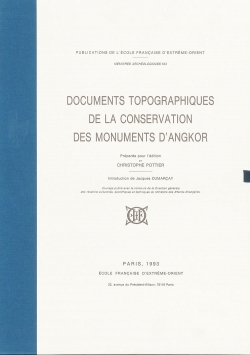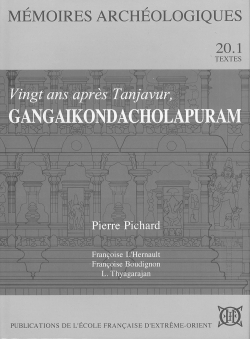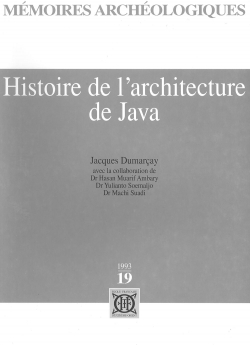The catalog of EFEO Publications includes works on a wide range of disciplines in the humanities and social sciences (archaeology, history, anthropology, literature, philology, etc.), centered on Asia, from India to Japan.
These publications address both specialists, and a wider public interested in Asian civilizations and societies.
The Ancient Port of Arikamedu
New Excavations and Researches 1989-1992. Volume two
Collection : Mémoires archéologiques
Collection's number: 22.2
Edition: EFEO
Publication date: 2004
Status : Available
65,00 €
ISBN : 2 -85539-639-5
ISBN-13 : 9782855396392
ISSN : 2118-1020
Width : 21,5 cm
Height : 28 cm
Weight : 2,1 kg
Number of pages : 682
Distributor : EFEO Diffusion
Geography : South Asia
Language : English
Place : Paris
Support : Papier
Description :
XXXIX + 642 p., cartes, 28 cm., paperback
Abstract
Table of contents
Related books
Mémoires archéologiques
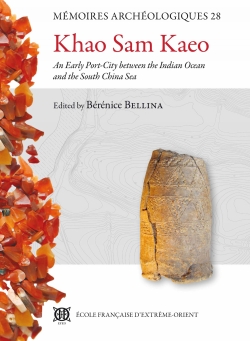
Khao Sam Kaeo
Bérénice BELLINA, Praon Silapanth, S. Jane Allen, Cristina Castillo, Pauline Burger, Armelle Charrié-Duhaut, Jacques Connan, Pierre Albrecht, Vincent Bernard, Julie Malakie , Andrew Bevan, Phaedra Bouvet, Aude FAVEREAU, Guillaume Épinal, Sophie Peronnet, Sachipan Srikanlaya, Hsiao-chun Hung , Yoshiyuki Iizuka, Tessa Boer-Mah, Thomas Oliver PRYCE, Mercedes Murillo-Barroso, Lynn Biggs, Marcos Martinón-Torres, Laure Dussubieux, Brigitte Borell
65,00 €
2017
• Available
